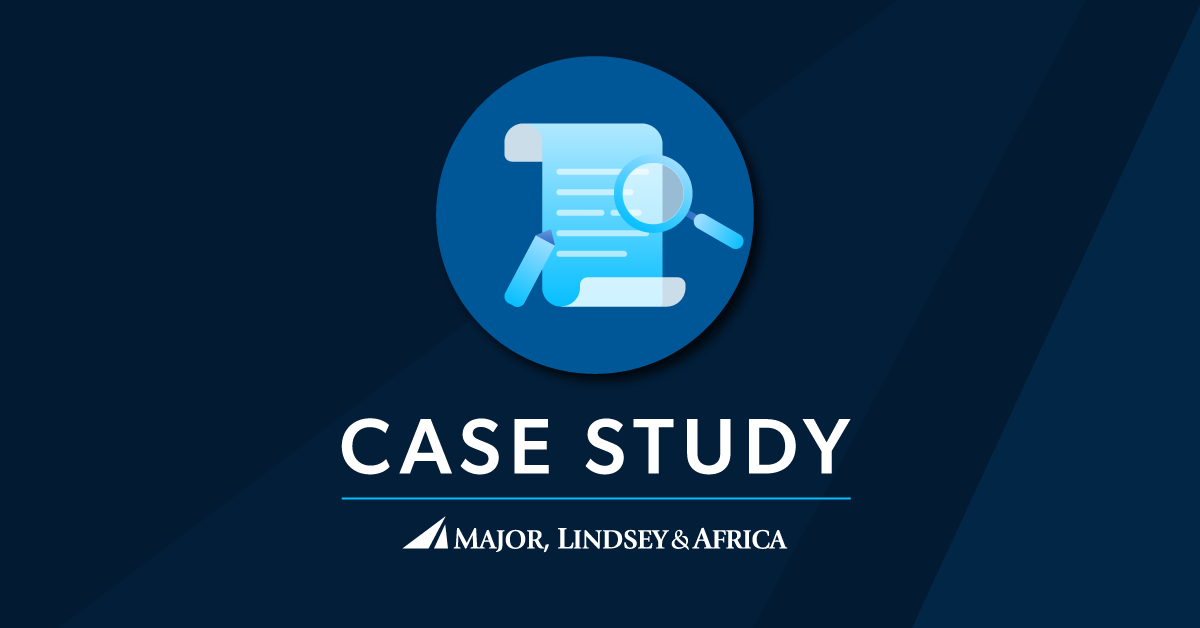A Leading U.S.-Based Airline Seeks Help with Privacy & Technology Contracts Needs
CASE STUDY
The Challenge
The legal department of a leading U.S.-based airline was facing a high volume of privacy and technology contracts matters, ranging from data processing agreements, software licensing deals, SaaS agreements, IT services contracts and other transactions. The department was exploring various avenues to address mounting workload—including engaging outside counsel and embarking on a hiring process—but those proved to be inefficient and costly. The department also wanted to retain institutional knowledge and mitigate data privacy risks. They needed a privacy attorney with experience in drafting, reviewing and negotiating privacy and technology contracts, as well as providing legal guidance on data protection issues.
The Solution
MLA Interim Legal Talent presented a curated slate of six interim counsel profiles for the legal department to consider. After an expedited review process, MLA Interim placed an interim privacy counsel with the airline to assist with its privacy and technology contract needs. The interim counsel had over 10 years of experience in privacy and technology law, including working as in-house counsel for a global technology company and a large financial institution. The interim counsel partnered with the associate general counsel of Information Governance to oversee many matters related to data and consumer privacy.
The Result
The interim counsel successfully handled the privacy and technology contracts matters for the airline, delivering high-quality work and reducing the reliance on outside counsel. The interim counsel also helped the department to develop and follow documented playbooks for issue-spotting, risk analysis and contract fallback positions. The interim counsel also stayed abreast of legal and regulatory changes impacting data processing activities and provided legal guidance to cross-functional teams on mitigating data privacy risks. The interim counsel's placement enabled the department to insource the workload, retain institutional knowledge and lessen reliance on outside counsel.

